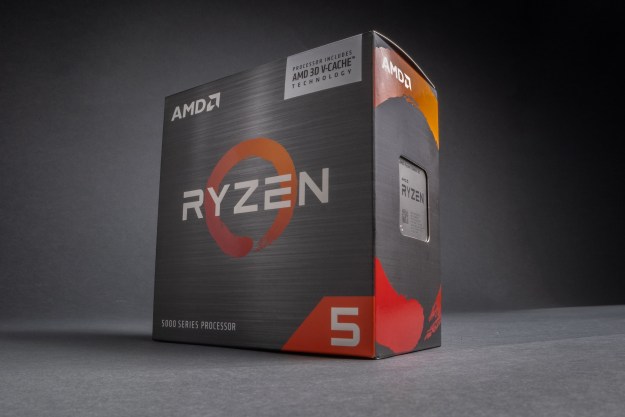Skeptics who said physics acceleration would never make it anywhere may want to reconsider, following the latest news from Ageia, makers of the PhysX engine. Gaming hardware giant Nvidia announced on Tuesday that it would be buying up the entire company, an acquisition that will put graphics and physics accelerators for next-gen games under one roof, and possibly on one chip.
“By combining the teams that created the world’s most pervasive GPU and physics engine brands, we can now bring GeForce-accelerated PhysX to hundreds of millions of gamers around the world,” said Nvidia CEO Jen-Hsun Huang, in a statement.
Ageia is known in the gaming world for developing the PhysX processor, the first dedicated physics-processing chip that allows more realistic physics in games by taking the burden of computing them off the main CPU. While many applauded the company for its forward thinking, the short list of games that actually supported PhysX acceleration served as a major deterrent to actually purchasing a board. Adoption by a major brand may help resolve that.
Nvidia apparently intends to add physics acceleration to the existing capabilities of its GPUs, rather than spinning off separate boards as Ageia had attempted to do. “The computer industry is moving towards a heterogeneous computing model, combining a flexible CPU and a massively parallel processor like the GPU to perform computationally intensive applications like real-time computer graphics,” Huang said. Nvidia’s CUDA technology, in particular, may be the next platform for PhysX. “Applications such as physics, computer vision, and video/image processing are enabled through CUDA and heterogeneous computing.”
Editors' Recommendations
- Save $950 off the Alienware x16 gaming laptop with RTX 4080
- CableMod’s adapters damaged up to $74K worth of Nvidia GPUs
- At this point, we know just about everything about Nvidia’s new GPUs
- No more GPUs? Here’s what Nvidia’s DLSS 10 could look like
- AMD’s two new GPUs significantly undercut Nvidia


